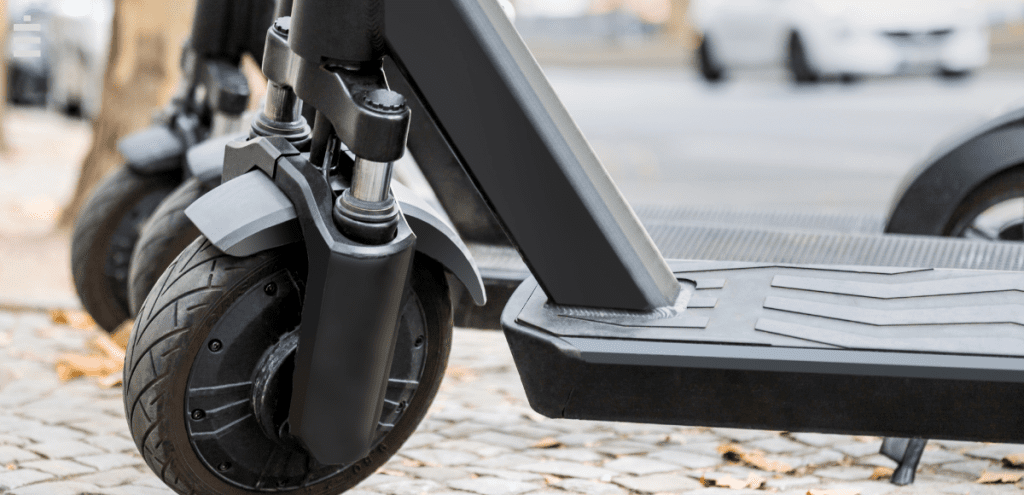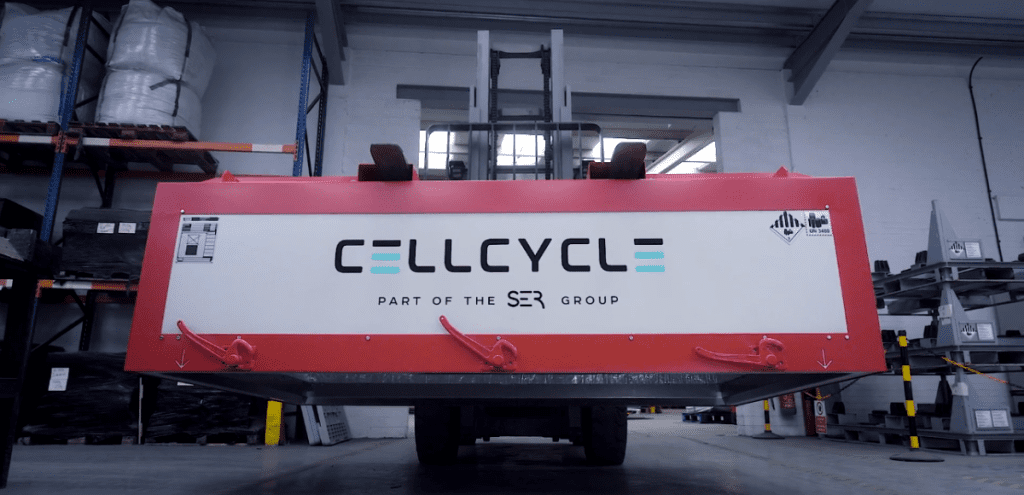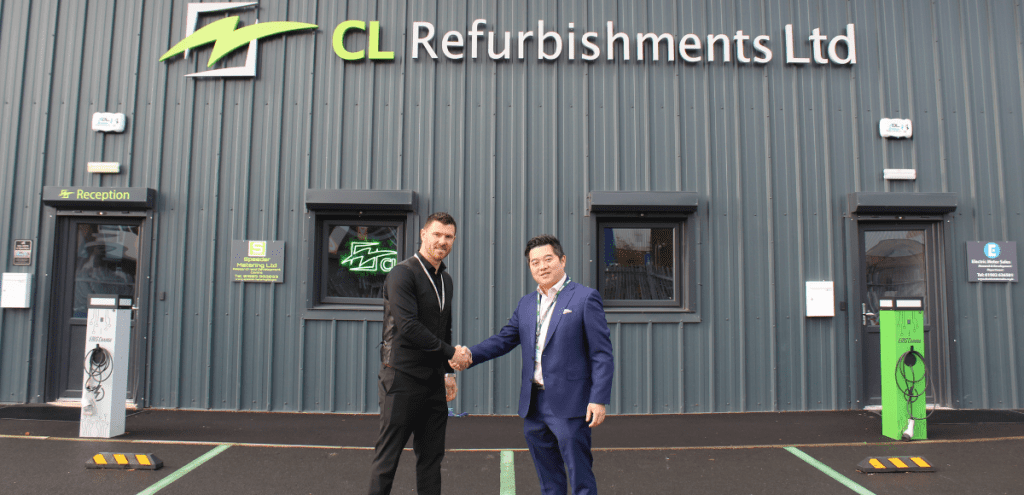Electric scooters, or e-scooters, have transformed urban commuting by providing a convenient and eco-friendly transportation alternative. They address the “last mile” problem, making it easier for people to use public transportation and reducing reliance on fossil fuel-powered vehicles. Lightweight and easy to maneuver, e-scooters are ideal for short trips, especially in congested cities. However, as the number of e-scooters increases, the lithium-ion batteries that power them come with their own set of risks and challenges.
Risks and Challenges of E-Scooter Batteries
Despite their benefits, e-scooters present challenges when it comes to lithium-ion battery disposal. Lithium-ion (Li-ion) batteries, classified as hazardous waste, can cause environmental pollution risks if improperly disposed of.
The UK Fire and Rescue Service has noted a rise in incidents involving Li-ion batteries, with e-scooter batteries being a significant factor. This increase in fire accidents has raised concerns about the safe disposal of Li-ion batteries, particularly as they reach their end of life.
The Importance of Safe E-Scooter Battery Recycling
Improper disposal of lithium-ion batteries has severe consequences for both the environment and human health. These batteries contain toxic substances like lead, cadmium, and mercury, which can leach into the soil and water, leading to contamination. This contamination can cause serious health problems, including respiratory issues, skin irritations, and neurological damage. Additionally, the extraction of raw materials for new batteries further depletes natural resources and harms ecosystems.
Cellcycle: Leading the Way in Lithium-ion Battery Recycling
As one of the UK’s leading lithium-ion battery recyclers, we are fully certified and equipped to offer comprehensive and compliant recycling solutions for e-scooter batteries. We have established the UK’s largest recycling network that ensures the safe and efficient disposal of lithium-ion batteries, minimising the risk of fire accident and environmental contamination.
Our lithium battery recycling process is designed to maximise safety and material recovery. It begins with the complete ADR-compliant collection and transportation of batteries to our specialised facility. Upon arrival, each battery undergoes a detailed inspection and testing by our team of High Voltage engineers to assess its condition. Once deemed safe for transportation, the batteries are packed with extreme caution to prevent any risk of thermal events. They are then shipped abroad to our refinery partners for further extraction of critical materials. Through our recycling process, we contribute to creating a more sustainable and greener future by reducing carbon footprint and slowing down the consumption of limited critical raw materials in new battery production.
In conclusion, while e-scooters offer a sustainable solution for modern commuting, the disposal of their lithium-ion batteries presents significant challenges. Proper recycling is essential to prevent environmental pollution and reduce the risk of fire hazards. As a leading lithium-ion battery recycler, we providing a safe and compliant lithium battery recycling solution, ensuring that e-scooter batteries are disposed of responsibly and sustainably.
Find out more about how we dispose the lithium-ion battery from e-scooter and other applications in E-mobility sector here.


